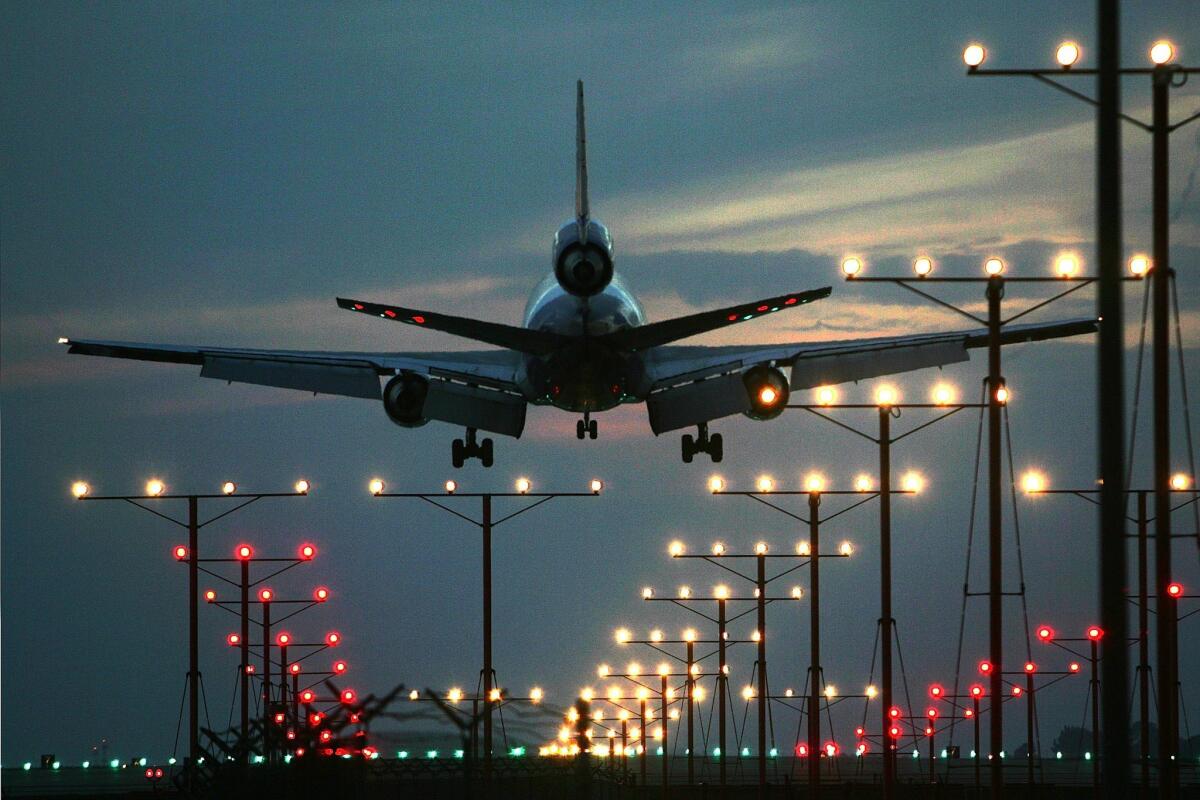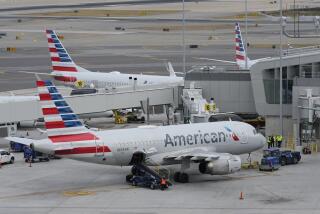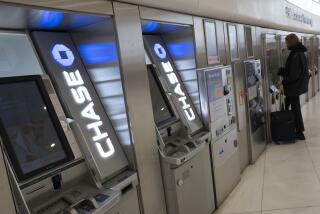The tangled web of airline change fees and how to avoid them

Question: I recently received a second notification of a change in my flight for a trip next year. I wanted to change my ticket as a result; I was told there was a $200 change fee plus any fare increase. No waiver, even though the airline was the one that started it. As I pointed out to the agent, I didn’t charge the airline a change fee. The agent laughed. In the end, I didn’t change my ticket. What’s your opinion about the airlines making changes and passengers getting nothing from them as a result?
Randy Smith
Cathedral City, Calif.
Answer: I think change fees should be called “estrange” fees because they drive a wedge between the traveler and the airlines that charge them. However, there is some hope for those who want to avoid the tangled web of the nonrefundable ticket, generally the lowest fare class.
First, though, let’s look at the numbers. In 2007, the Bureau of Transportation Statistics notes, change fees totaled $915 million. By 2012, that figure had grown to almost $2.6 billion, including a significant increase in 2009 when fees went up.
That’s apt to happen again when the damage is totaled for 2013; in the spring, many of the “legacy” carriers increased their domestic change fees to $200 for a domestic ticket and $300 for an international one. You can identify the fee-change heavyweights by looking at this chart from FareCompare.com at https://www.lat.ms/187dfS7.
Airfare experts don’t necessarily object to a fee for making a change to a nonrefundable ticket.
“If they [the airlines] had free change fees … people would book speculative flights to lock in lower fares,” said Brian Kelly, who writes ThePointsGuy.com, which tells readers how to maximize their award miles. “Airlines would lose money.”
Rick Seaney, co-founder of the above-mentioned FareCompare.com, said, “You do what you have to do to run your business.”
Sigh. Both are correct.
But the change fee becomes onerous, most experts agree, when you’ve bought a nonrefundable ticket to, say, Seattle. When I checked Monday morning, a fare for an Oct. 31 departure, an optimal 45-day advance purchase on Delta, round trip from LAX returning a week later, was $188. If I need to make a change, the fee will cost more than the ticket.
Seaney also pointed out that the fee isn’t exactly transparent. He led me through a booking exercise with an online travel agency, and it was not until the end that the change fee appeared.
What’s a consumer to do? Several options, not all of them palatable.
•Buy a refundable ticket. That’s the wisest course, Kelly said, if you think you might have to change your ticket. It will cost you more — that Delta flight with a refundable ticket would cost about $825— but if you have to make multiple changes, you will save yourself the fees.
•Book airlines according to its fees. A quick look at the chart shows that not every airline charges the same amount.
•Consider American’s Choice Essential ($68) or Choice Plus ($88) add-ons. You don’t pay a change fee, and you get a free checked bag and preferred boarding. (Plus gives you bonus miles too.)
•Fly Southwest. Media are often accused of fawning over Southwest, but there’s a reason for that: No change fee, no bag fee and no nonsense (usually) mean a better consumer experience.
Next week: What an airline economist and the National Consumers League have to say about these fees.
Have a travel dilemma? Write to travel@latimes.com. We regret we cannot answer every inquiry.
More to Read
Sign up for The Wild
We’ll help you find the best places to hike, bike and run, as well as the perfect silent spots for meditation and yoga.
You may occasionally receive promotional content from the Los Angeles Times.






